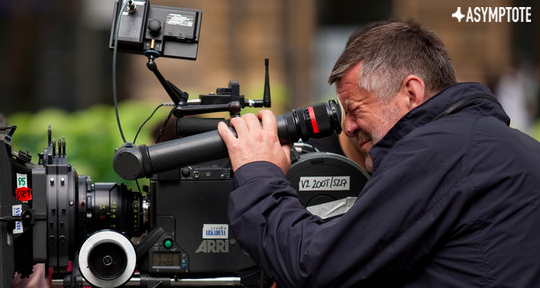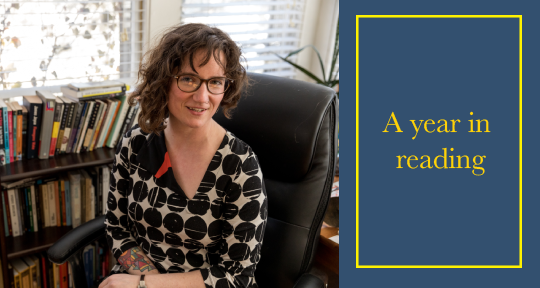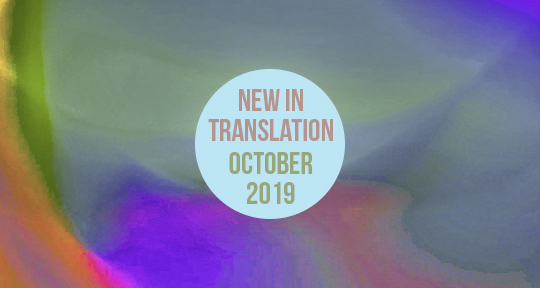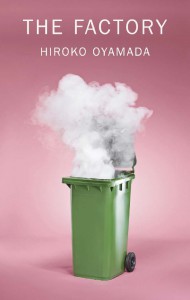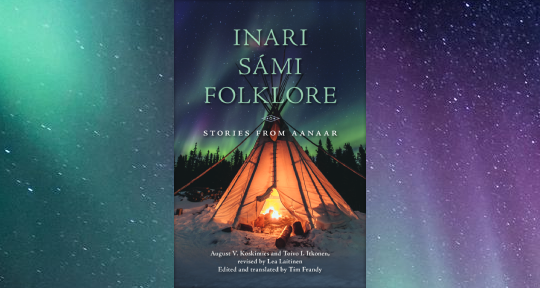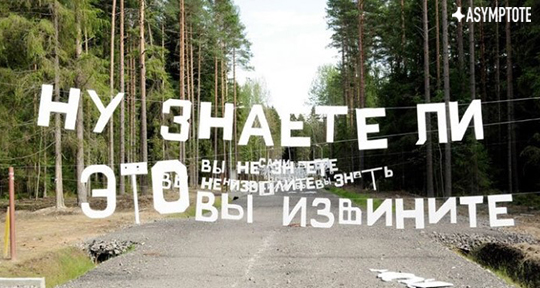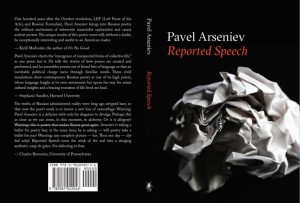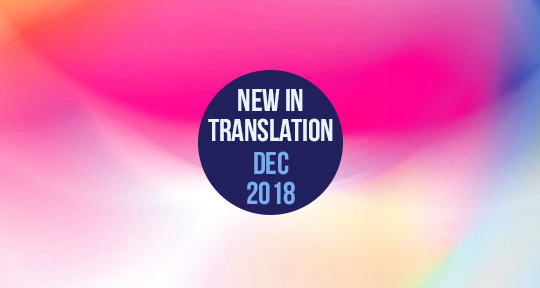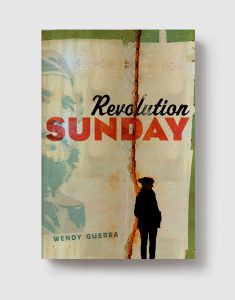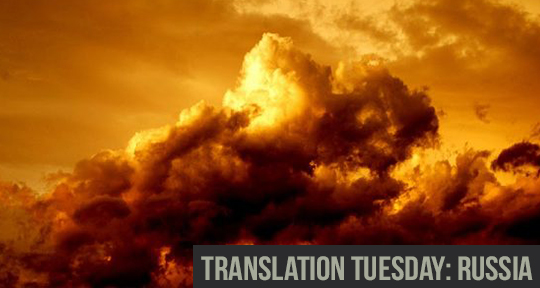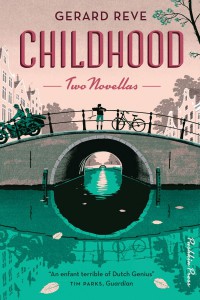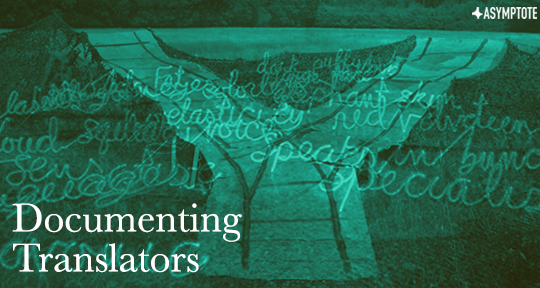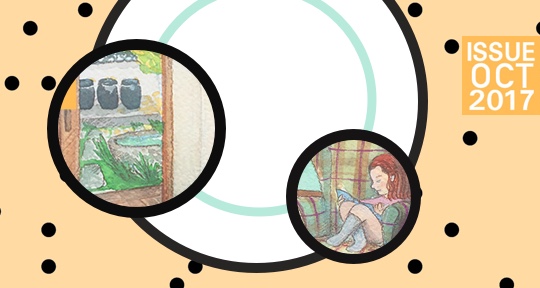This week, the Asymptote blog is excited to share a special two-part engagement with Croatian filmmaker Rajko Grlić. Yesterday in Part I, we featured an interview between Grlić and Ellen Elias-Bursać, who, in addition to being an Asymptote contributing editor, is also the editor of the first English translation of Grlić’s memoirs. Today, in Part II, we bring you an exclusive excerpt from that memoir, from a section called “Festival Selector.”
Croatian filmmaker Rajko Grlić organizes the material of his memoir, Long Story Short, like a lexicon of filmmaking terminology. Under each heading and definition, he includes a story from his life: his filmmaking; his struggles against nationalism in Croatia during the war of the 1990s; and his years of teaching at NYU, UCLA, and Ohio University. Grlić was known as one of the leading Yugoslav filmmakers in 1980s Croatia, celebrated for such box-office successes as You Love Only Once (1981); In the Jaws of Life (1984), which was based on a Dubravka Ugrešić novel; and That Summer of White Roses (1989). He left Croatia in the 1990s during its war for independence and has since gone on to make several more notable films, including The Border Post (2006) and The Constitution (2016). He collected stories during his many years of making movies and moving through the world, aware that he’d never have the opportunity to make every story he had to tell into a film, but refusing to lose them to oblivion.
Grlić’s memoir was translated by Vesna Radovanović and edited by Asymptote contributing editor Ellen Elias-Bursać. Elias-Bursać spoke recently to Grlić about the life that led to Long Story Short, an interview that was published yesterday as Part I of this series. In the excerpt that follows, “Festival Selector,” Grlić tells of his decades-long friendship with Honorio Rancaño, the selector for movies shown at Mostra, a film festival that was held for many years in Valencia, Spain.
Festival Selector: the person who chooses the films, conceptualizes and shapes the festival creatively.
Cannes, 1981
In the hall of Palais des Festivals in Cannes, someone taps me on the shoulder and, before I have a chance to turn, starts talking about my movie You Love Only Once, in a jumble of Czech, Russian, and Spanish.
“Honorio Rancaño, selector for the Valencia Film Festival,” the man finally introduces himself, unshaven and chewing on a long, wet cigar. READ MORE…

